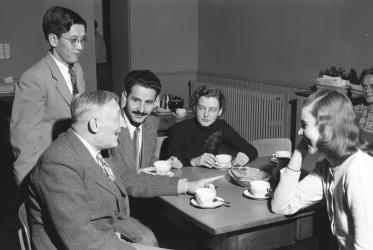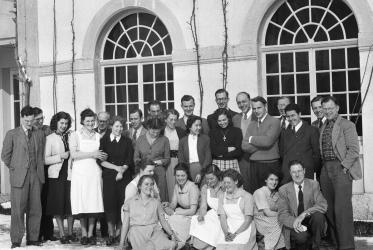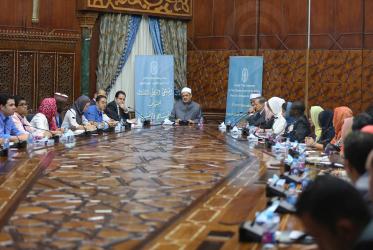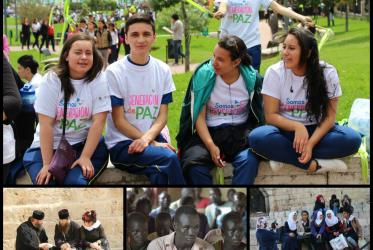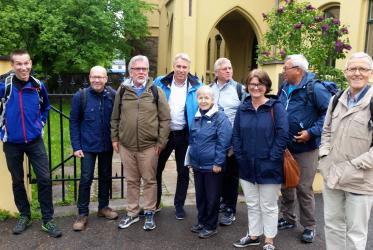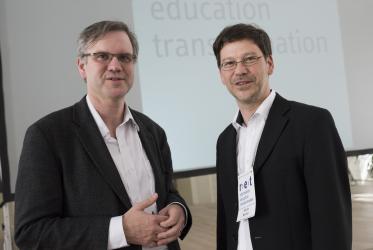Displaying 121 - 140 of 195
Bossey anniversary commemorates 70 years of heartfelt dialogue
28 September 2016
WCC’s Bossey institute celebrates 70 years with array of events
23 September 2016
Religious leaders of many faiths talk peace in Assisi
21 September 2016
WCC general secretary reflects on peace in Palestine and Israel
20 September 2016
Bossey students celebrate graduation
23 August 2016
In Ghana, women bring open minds, honest words
05 July 2016
WCC Central Committee convenes in Trondheim, Norway
22 June 2016
Panel discussion fields ideas on European identity
26 April 2016
